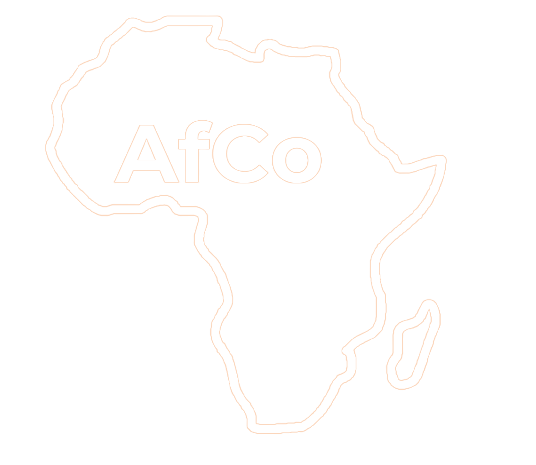Nigeria: Caught between the paradox of plenty and democratization without democracy
An examination of the management of Nigeria by elected teams of civilians since 1999 uncovers a striking contrast between uncontested attempts to improve the country's governance and the pursuit of a cycle by which political and territorial cohesion are weakening. The tangible results claimed by President Obasanjo and his team can largely be attributed to the growth of the global oil markets and strong relations with the international community. On the domestic front, the declared goals of the Obasanjo administration "to fight corruption and improve the daily life of Nigerians" have yet to be realized. The quasi-insurrection in the Niger Delta offers an explosive microcosm of the problems faced by the federal administration, which continues to reveal its impotence. The increasingly hostile dispute over the framework of Nigerian federalism now goes hand in hand with a weakening of control over the states and disagreements about development ethics and secular nature of the State. Behind all of these repeated crises is the transformation of Nigeria into a country without a clear government.
